Moving more for mental health
One of the most important things we can do to look after our mental health is to move our bodies.
The theme for this year’s Mental Health Awareness Week is movement.
Physical activity is good not only for our bodies but also for our minds.
Let’s talk a bit about mental health, how more of us are experiencing poor mental health, how getting moving can help, and what other support is out there.
Rising Mental Health Needs
More people are asking for mental health help than ever before.
Rates of mental illness have been steadily increasing since the turn of the century. In the year 2000, the Adult Psychiatric Morbidity Survey (APMS) reported that 17.5% of adults experienced common mental health disorders like depression or anxiety.
By 2014, the same survey showed that figure was 18.9%.
The APMS is run every seven years, and the next instalment has yet to be released, but we know the pandemic has only accelerated that need.
For example, in 2023, mental health services received a record 5 million referrals, an increase of 33% from 2019.
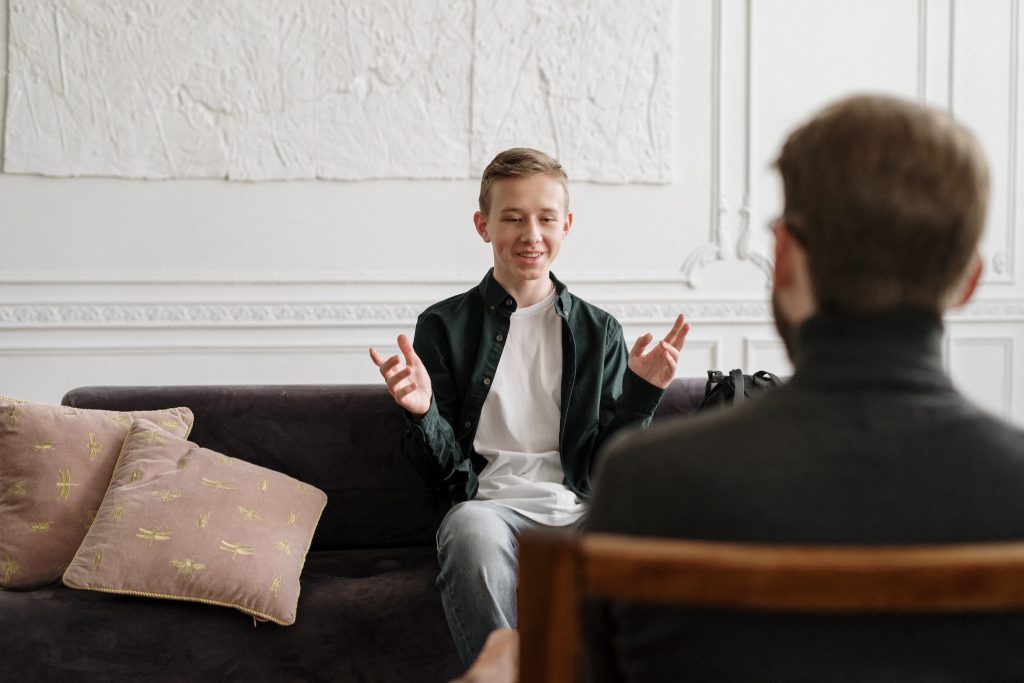
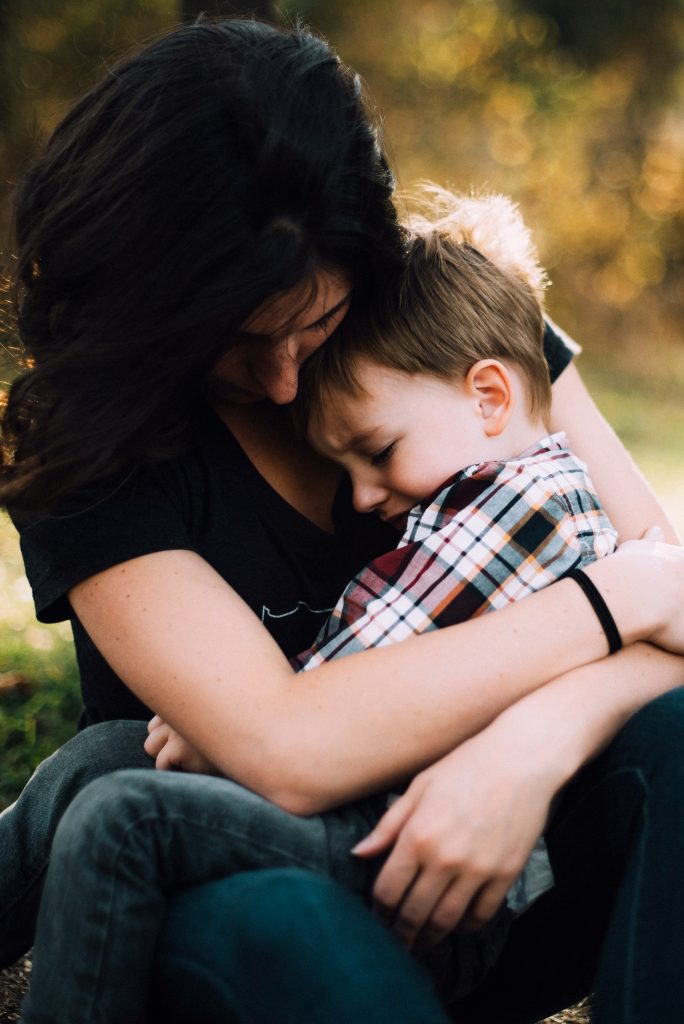
The rise in need seems to be more marked in younger people. Between 2017 and 2022, rates of probable mental illness in people aged 7 to 6 went from one in 8 to around one in 6. For older teenagers, it went from 10% to 25%.
By February of this year, over 1.9 million people were in contact with mental health services.
Causes of Mental Health Issues
Mental health is complex, and various factors can impact our mental wellbeing.
The Mental Health Foundation talk about three main areas:
- Biological factors – physical health, genetics, age, and lifestyle
- Psychological factors – stress, trauma, addiction, body image
- Social factors – loneliness, family and relationships, culture, work-life balance, money, and debt.
Given the collective trauma of the pandemic, the cost of living crisis and the significant and unsettling events around the world in recent years, it is perhaps not surprising that our mental health has been impacted.
Connection of Body and Mind
Physical health problems increase our chances of developing mental health issues, and vice versa.
Almost a third of people who have a long-term physical health condition also have a mental health problem, often anxiety or depression.
Poor physical health can affect our self-esteem and lead to social isolation.
Similarly, mental health problems can make it harder to look after ourselves, whether it is motivation to exercise, eat well, or keep up our social connections.
Being active releases chemicals in your brain called endorphins. They release stress, boost your mood, and can lead to better concentration and improved sleep.
So, to stay healthy, we must look at our overall wellbeing – body and mind.
Tips to move more and boost your mental health
Not everyone has the time, money, or desire to join a gym or take regular exercise classes, but that doesn’t mean you can’t get active.
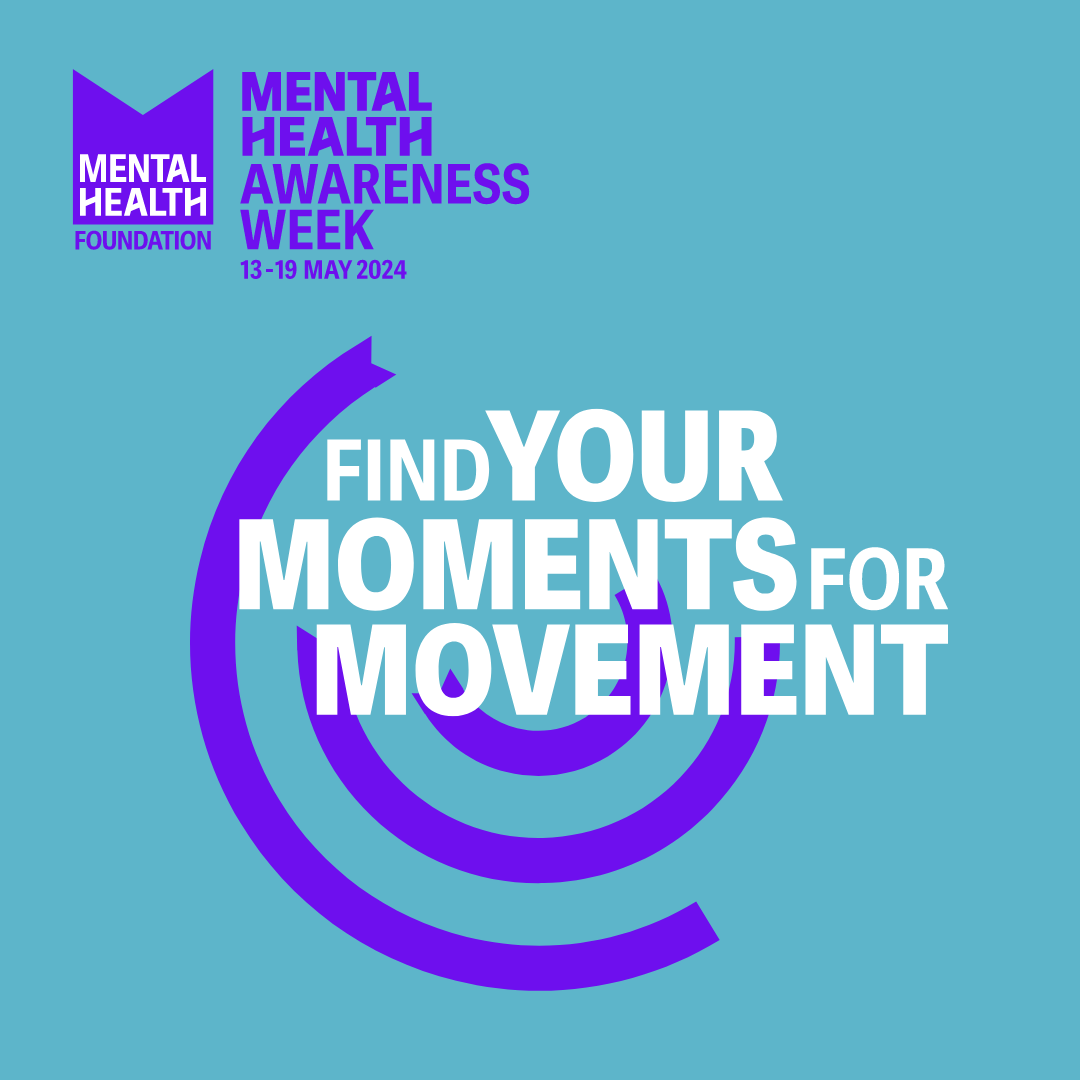
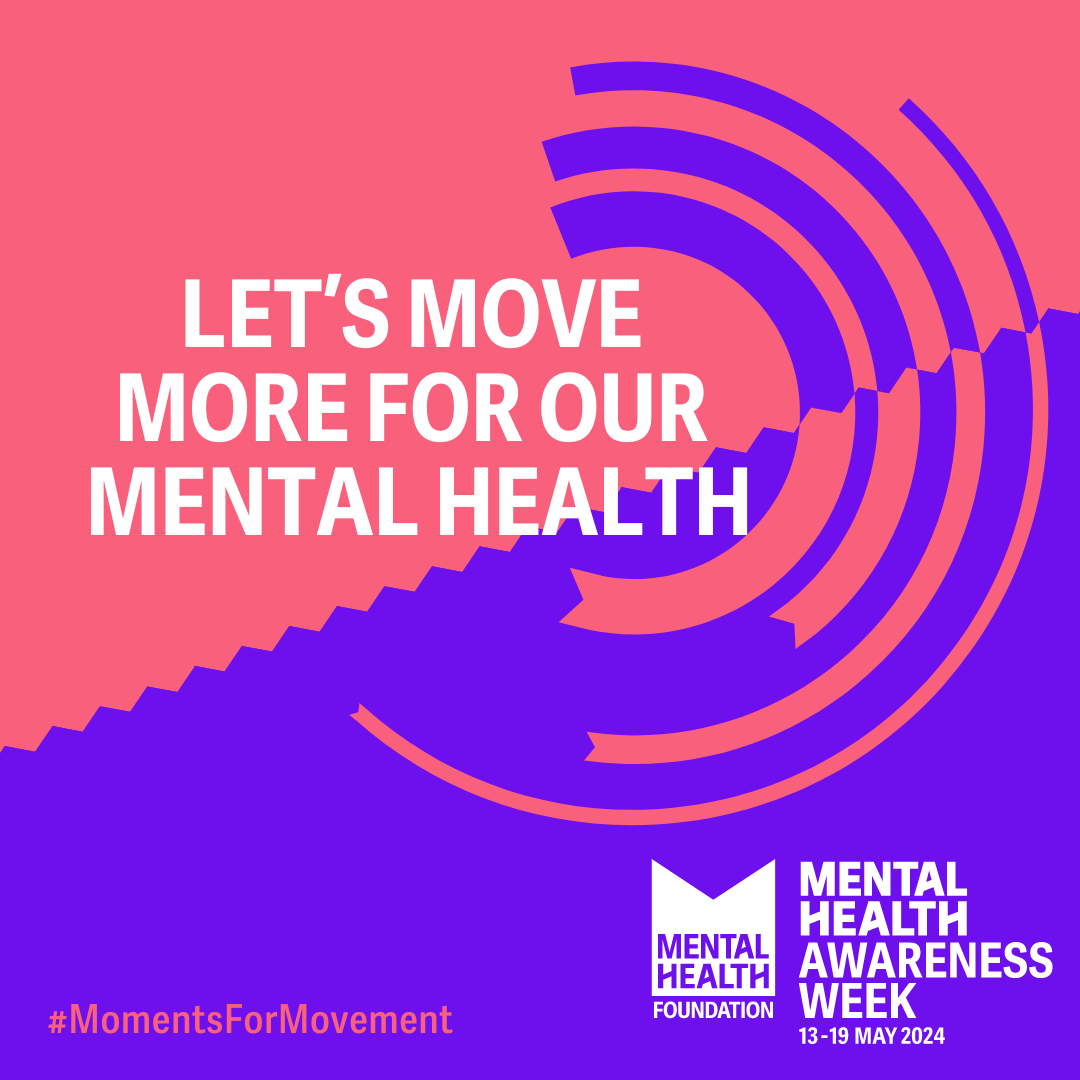
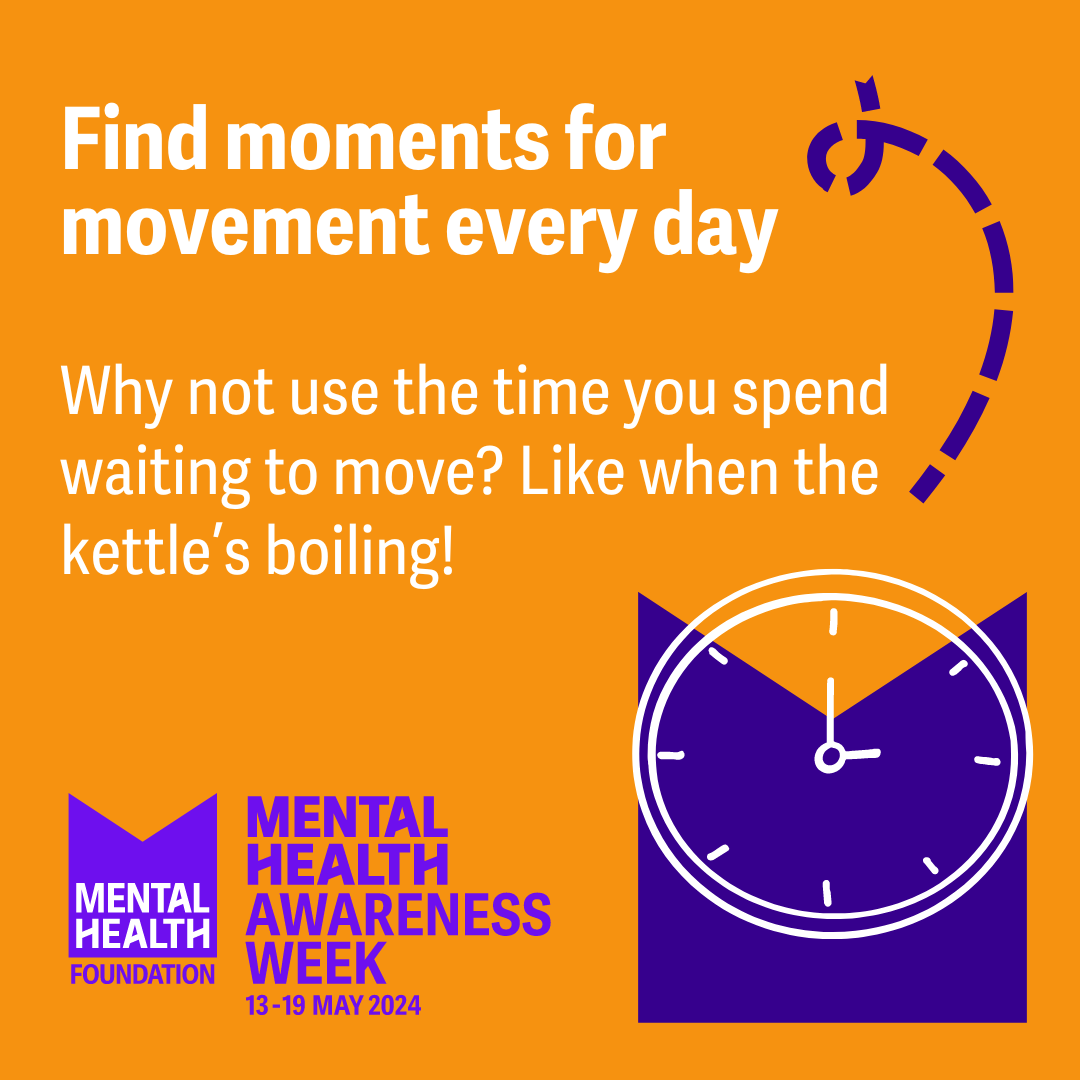
Even short bursts of physical activity can boost our mood, making us more alert and energised.
One of The Mental Health Foundation’s tips this year is to find moments for movement every day.
The idea is that even in our busy lives, there are little moments when we are waiting. Whether it’s for the kettle to boil, the kids to come out of school, or the bus to arrive, these little moments all add up.
Walking on the spot or doing some stretches is an excellent way to introduce a bit of movement into otherwise ‘dead time’.
You can start small and then—in your own time—challenge yourself to go that little bit further, whether getting out of the lift one floor early or trying to top your step count from the day before.
Exercise doesn’t need to be a chore, either. You can find fun and enjoyment in getting active. Learning the latest playground games from your kids or walking with friends are great ways to connect with others and boost our mood.
Also, remember that everyone is different, and try not to compare how you get active to other people. You only need to keep up with others or push yourself as much as you want. Any activity that gets your heart beating and blood pumping will benefit you in the long run.
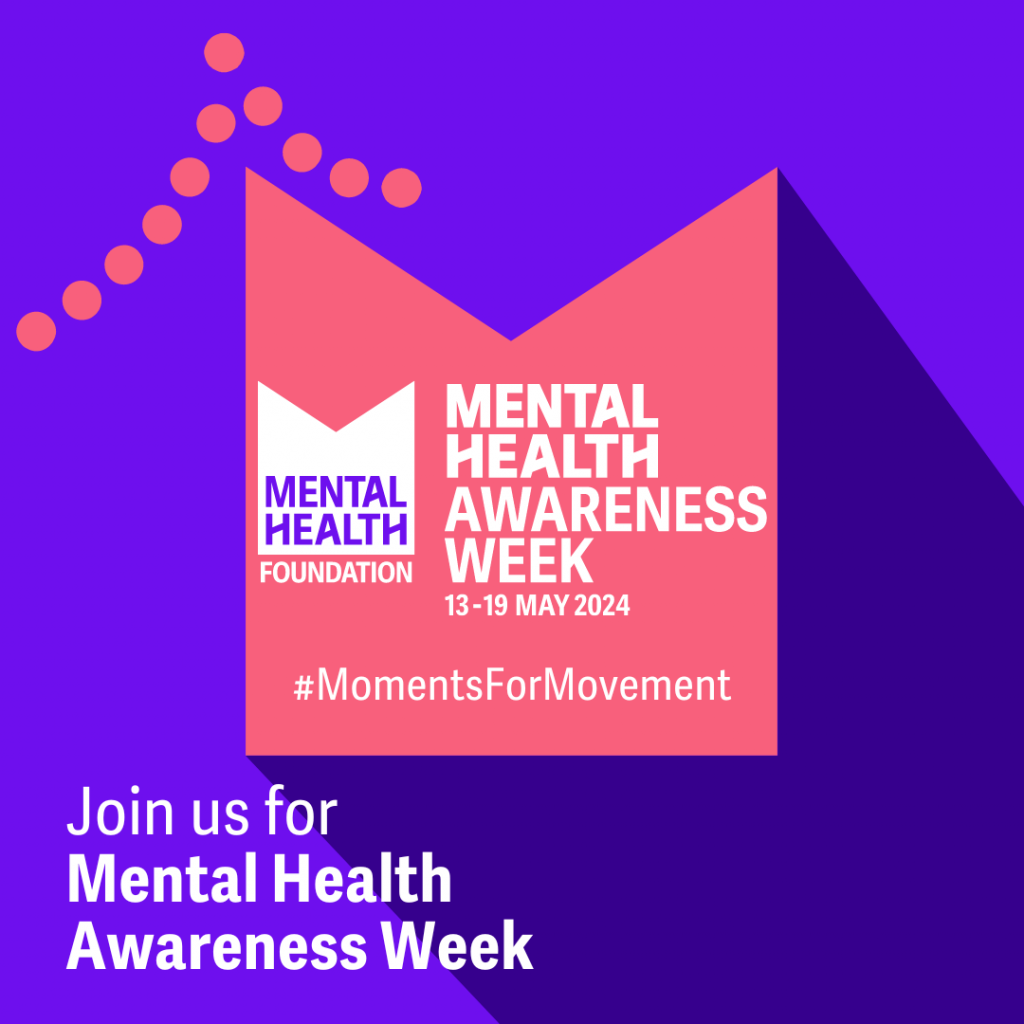
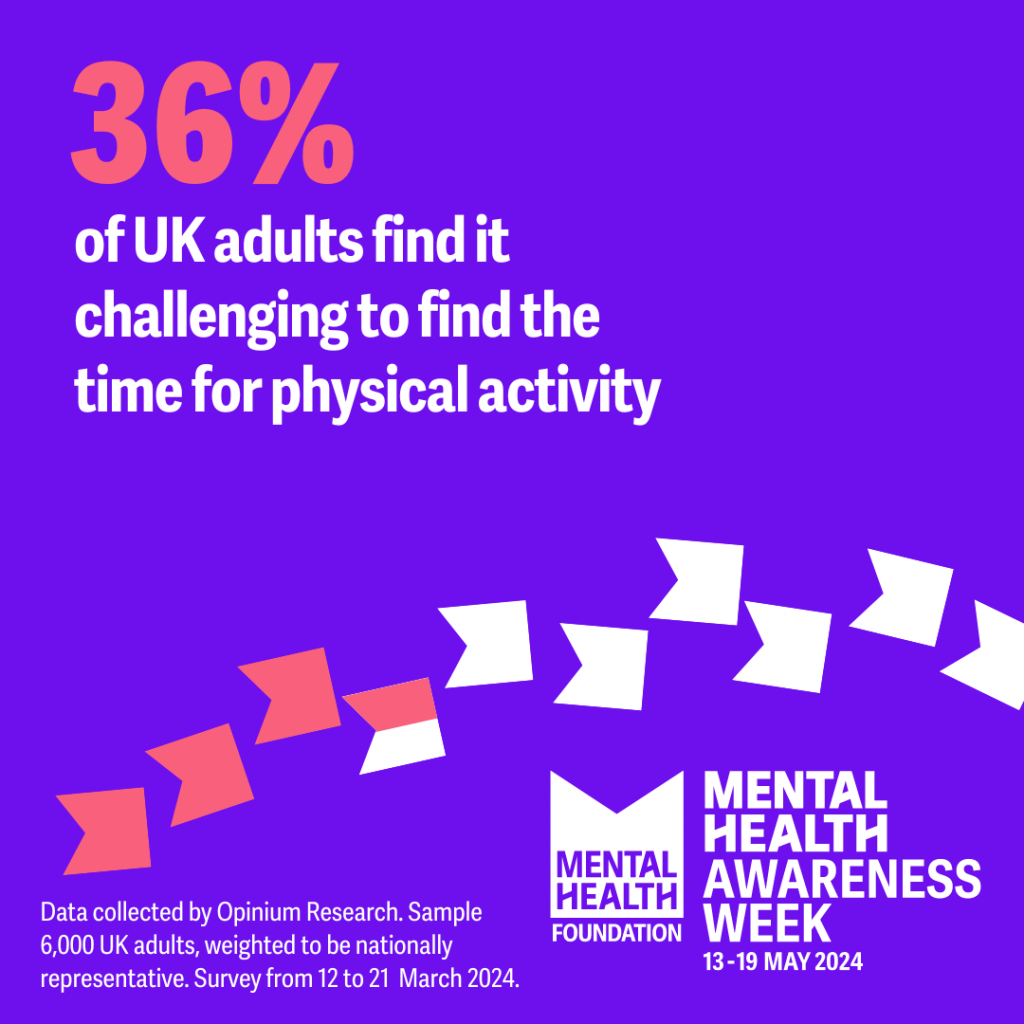
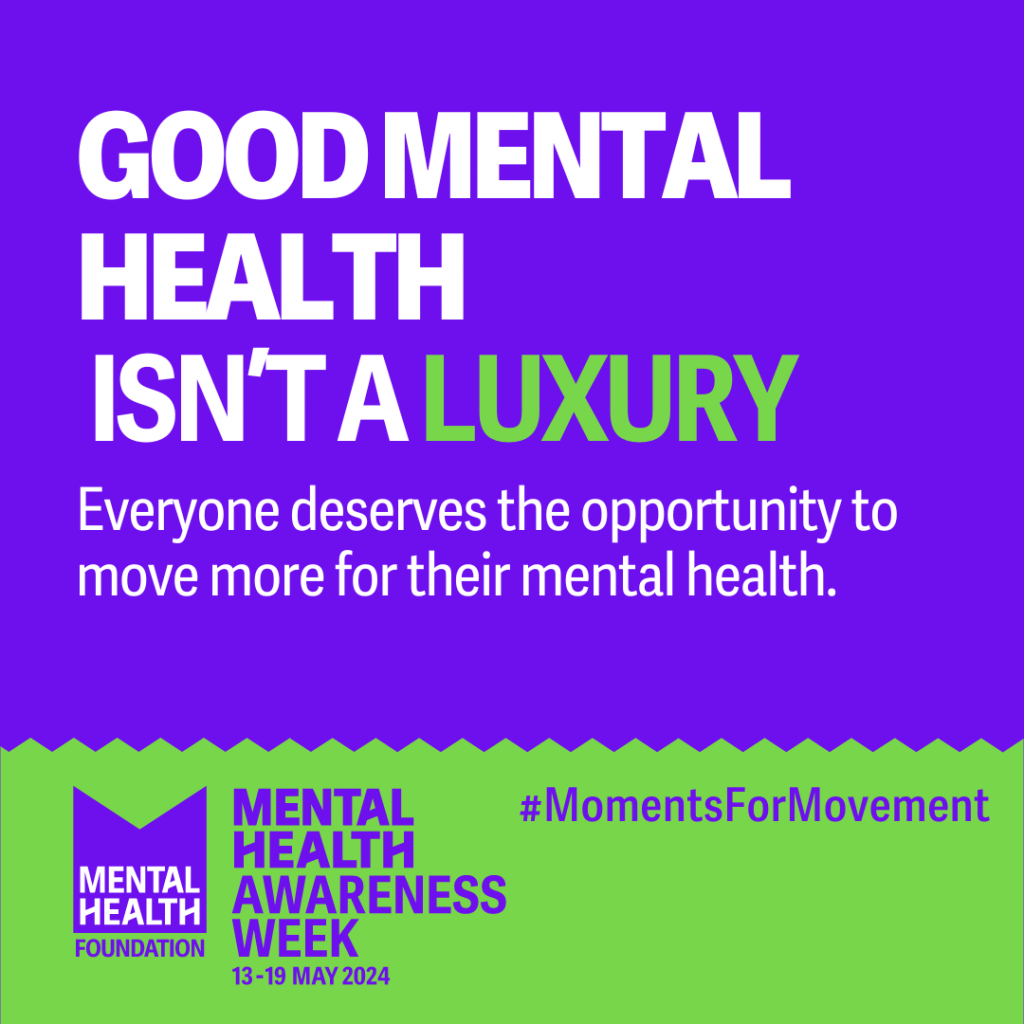
The NHS Better Health website has many great ideas, advice, and support.Place2Be, the Children’s Mental Health Charity, has many ideas and suggestions for younger people
If you are in crisis or are concerned about someone else, please seek urgent help.
You can get urgent Mental Health help via the NHS website.
Call the Newcastle Crisis team at 0191 814 8899 or freephone at 0800 652 2863.
Text ‘Shout’ to 85258 for a free text messaging support service.
Other Support for Your Mental Health
The resources section of our website offers many other forms of support for mental health.
This includes the NHS Your Mind Plan, Live Well self-help tools, and how to refer yourself to Talking Therapies.
We have also gathered contact information for support organisations and helplines that can help people with their mental health or other situations.
Online help is available through Togetherall, a safe online community, Kooth, counselling and support services for younger people, and the NHS Every Mind Matters website.
If you are still determining the best route, arrange to speak to your GP.
